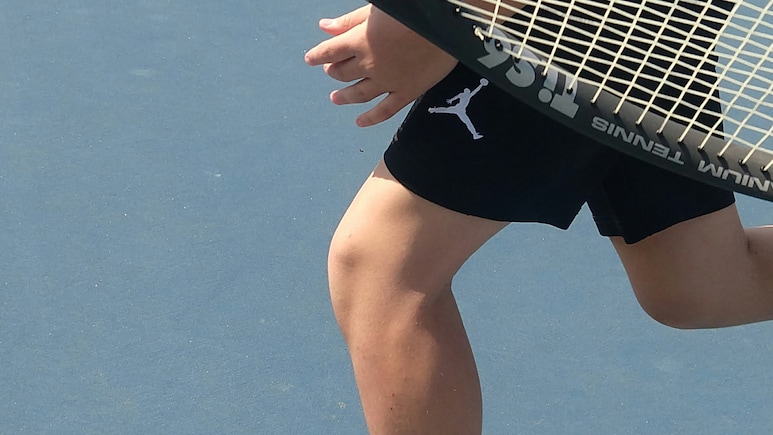
- Calf muscle strength may predict the risk of developing dementia
- Strong calves support healthy blood pressure and brain blood flow
- Weak calves increase risk of muscle strains and falls in middle age
The strength of your calf muscles may help predict whether or not you will develop dementia, studies show. Strong calf muscles help maintain healthy blood pressure and ensure steady blood flow to the brain, both essential for cognitive performance, said a study by Brigham and Women's Hospital.
Experts warn that weak calf muscles can lead to muscle strains, which can make it harder to move properly and increase the chances of falling.
Paul Hobrough, sports physiotherapist, told The Times UK, "They [Calves] are the only muscles that go through a full range of motion when we run or walk briskly, " adding, "We need them to be strong, and when they are not, it leaves middle-aged tennis players, footballers and runners highly prone to strains and pulls."
Studies also show that calf circumference can be a simple indicator of muscle strength and predict overall health in older adults. Last month, a study conducted in China mentioned that a smaller calf circumference was often linked to reduced muscle mass and weaker mobility, which can affect brain function over time. It also said that people with smaller calf circumference may have lower cognition levels.
Calf circumference can serve as a screening tool for identifying low muscle mass. For optimum health, Thai researchers advise that men and women of all ages have calf sizes of at least 34 and 33 cm, respectively. Having stronger calves helps you stay active and protects you from being fragile or physically weak.
A study published in The Conversation revealed that the soleus muscles, found in the middle of your lower legs, help push blood back to the heart. So, it is important to strengthen these muscles if your work is mostly sedentary. These muscles are most active when you do squats or stand on your toes.
Kenneth McLeod, human physiology researcher, told The Conversation, "Raising resting diastolic blood pressure through daily soleus muscle stimulation, over a period of several months, can reverse the cognitive impairment associated with aging."
Track Latest News Live on NDTV.com and get news updates from India and around the world

